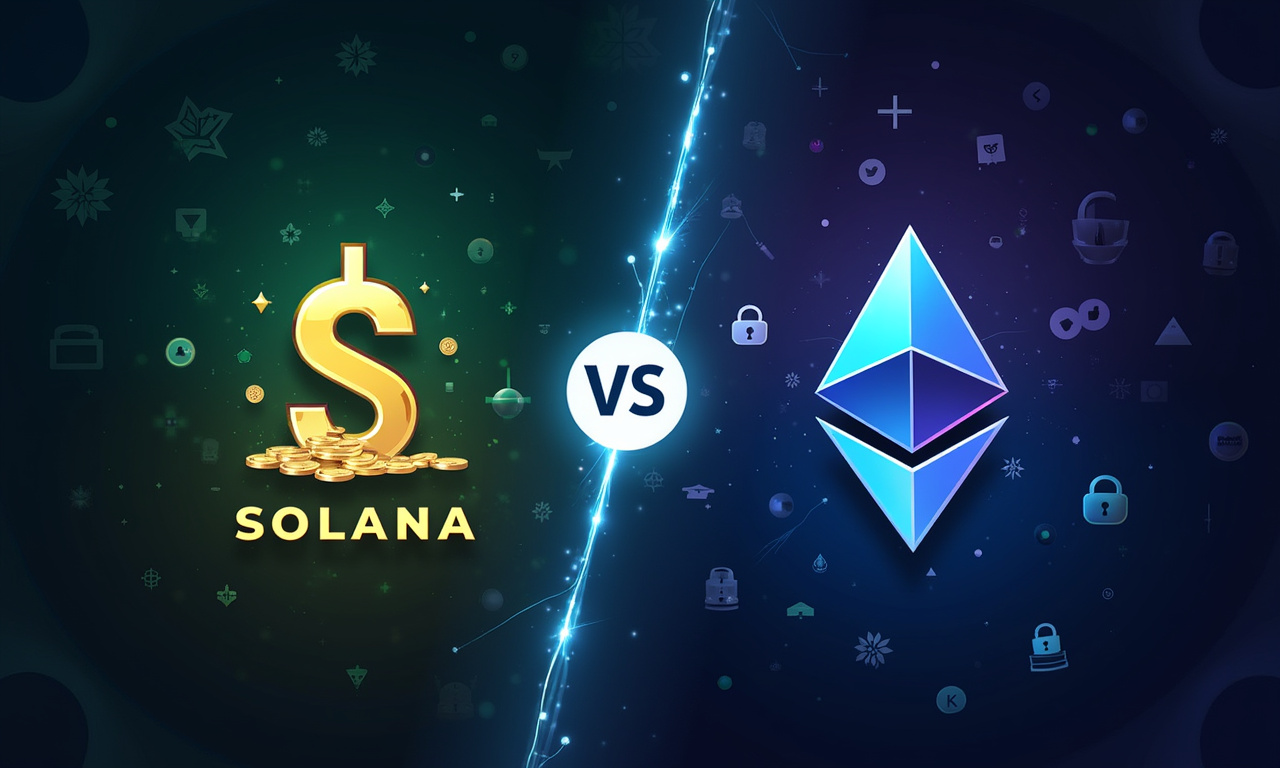
Has Russia gone and plunged down the crypto cannonball slide? It will phase in a new national registry for mining equipment, starting July 7, 2025. The stated aims? Drive standardized usage, increase the rate of compliance, combat abuse and illicit activity, address the misuse of electricity. Sounds like a noble endeavor, right? Similar to a circus bear learning to juggle flaming torches. Let's be real, though. It's Russia.
Data Security, A Real Concern?
First, let's talk about data security. Some kind of central clearinghouse with available specifications for all kinds of mining machinery? In Russia? That’s similar to leaving your keys to Fort Knox on the hood of your car in a crime-riddled neighborhood. You know someone's going to try to break in, and the consequences could be… well, let's just say unpleasant. I’m not suggesting that state-sponsored hackers will be using your rigs to mine, but you just don’t know!
How secure will this data actually be? Will they end up using blockchain, or will they default back to a centralized SQL database? If they are using a centralized SQL database, it is about as good as useless in perpetuity.
And what about the miners themselves? Or will they freely distribute all of this data to a federal government that isn’t known for its transparency? We know — it’s difficult to wrap your head around! I doubt it.
Mining Tech Always Evolves
Then there’s the nitty-gritty practical registry-in-a-political-infrastructure nightmare of keeping the registry current. In fact, mining hardware is changing faster than a crypto bro’s pump and dump scheme. By the time they've registered the current generation of ASICs, there'll be three new models rendering the whole exercise obsolete. It’s the equivalent of trying to herd cats while unicycling on a highwire. Good luck with that.
Imagine the bureaucracy. Forms, applications, approvals, denials, appeals… mountains of paperwork for something that will be yesterday’s news in a few months. It’s enough to make even the most law-abiding potential miner start exploring one-way tickets to Siberia. Oh wait...
Energy Consumption, A Real Solution?
One of the express goals is to prevent electricity waste. Is this registry going to meaningfully reduce energy consumption in the US, or will it just push illegal and unregulated mining operations deeper underground? My bet's on the latter. You aren’t addressing a challenge by putting it under a rug, particularly one manufactured with rubles.
And what about incentives for sustainable practices? Are they really going to provide tax incentives for miners that operate on renewable energy sources? Subsidies for upgrading to more efficient hardware? And if they don’t, will they just double down on draconian punishments for those who have the audacity to pull too much energy from the grid? I’m guessing the truth is somewhere along the spectrum from “punitive measures” to “vague federal promises.”
Meanwhile, the Deputy Minister of Energy, Petr Konyushenko, noted the importance of recording energy consumption properly and paying taxes, which we posted about here. Well, that's rich, coming from a nation whose energy sector isn't exactly known for its spotless record. Such a proposal amounts to a fox teaching the chickens how to build safe coops.
Minefield or Trap? The Verdict
Look, I get it. Governments want to regulate crypto. They want the new technology controlled, taxed, and otherwise kept from shaking up their comfortable status quo. This registry? It seems less like a concrete solution and more like an elaborate snare.
Miners are put in a bind. They contend with more surveillance, higher levels of compliance costs, and the ever present danger of capricious enforcement. It’s a trap door for innovation, innovation that could be killed by bureaucratic red tape and regulatory murkiness. The Russian government is indeed hoisted by its own petard. Otherwise, it will find itself wrestling with a convoluted and cumbersome system that does not allow it to live up to its own aspirations.
So, is it a pragmatic minefield or another technical trap? I'd say it's a bit of both. Walk in beauty, my friends, and always turn away from danger. And if you’re feeling adventurous, maybe follow that up by investing in a quality VPN. Just in case. After all, that’s how most of you are consuming this content too, right?

Tran Quoc Duy
Blockchain Editor
Tran Quoc Duy offers centrist, well-grounded blockchain analysis, focusing on practical risks and utility in cryptocurrency domains. His analytical depth and subtle humor bring a thoughtful, measured voice to staking and mining topics. In his spare time, he enjoys landscape painting and classic science fiction novels.








